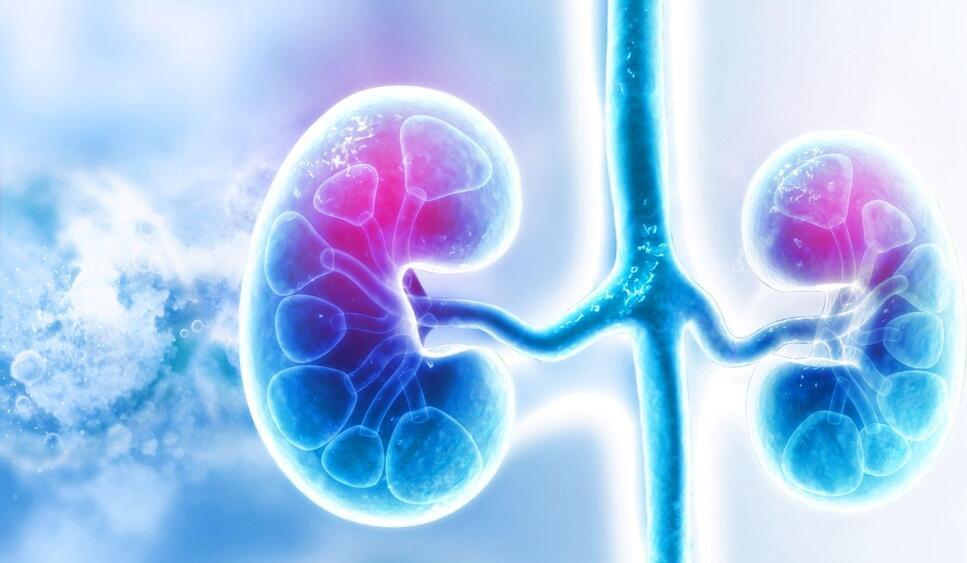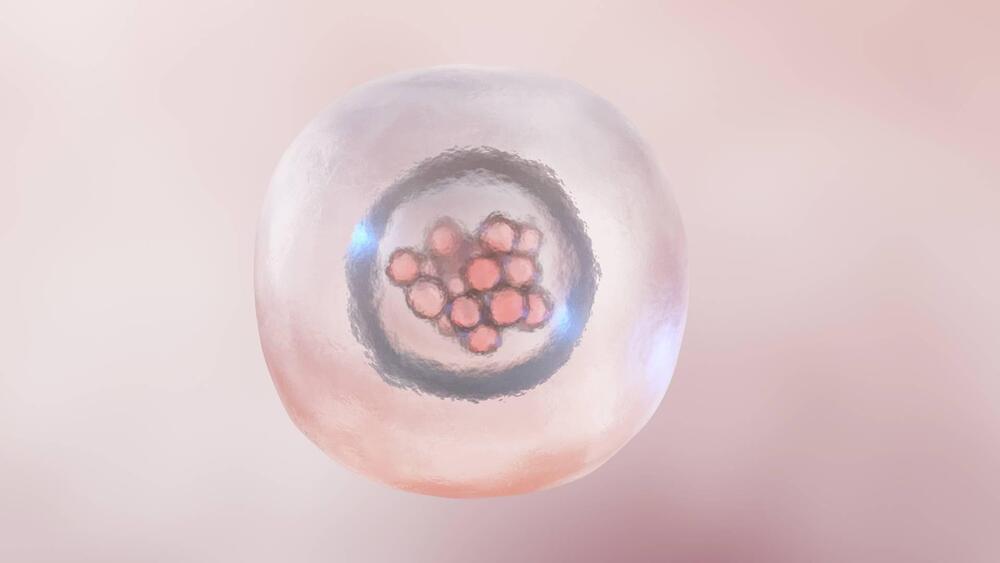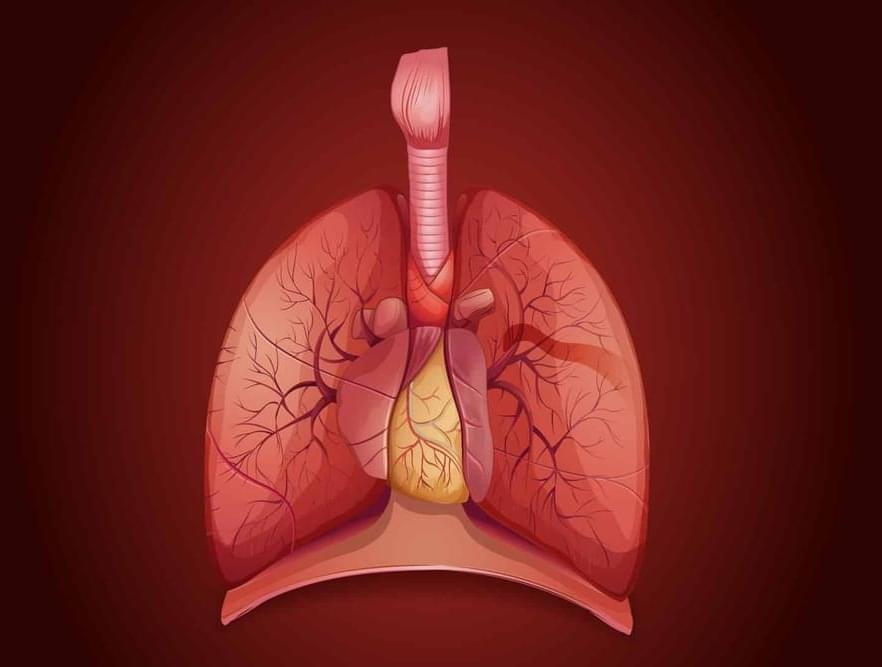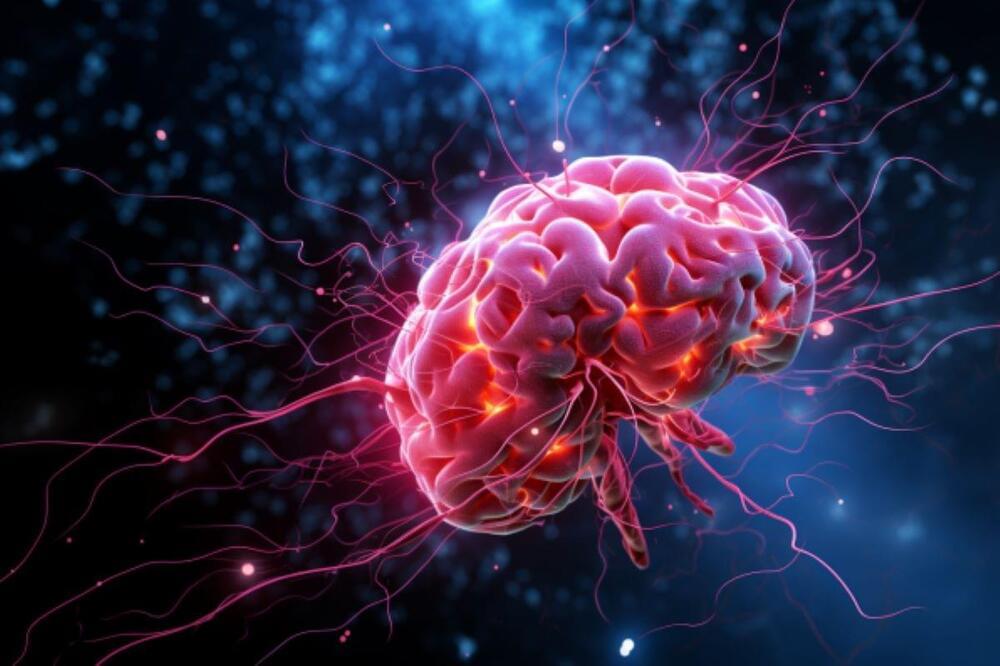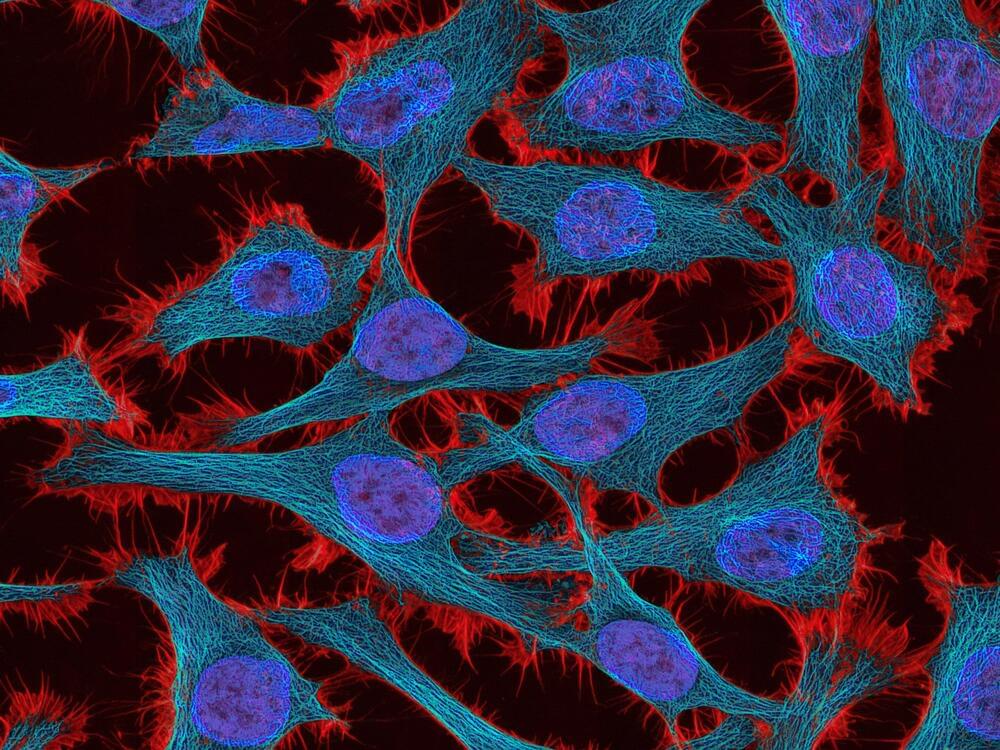Sep 7, 2023
How Immune Cells Can Make Their Own Movements More Effective
Posted by Shubham Ghosh Roy in category: biotech/medical
Immune cells have to respond to threats like invading pathogens and cancerous cells, and sometimes, they must push through tissues and move into tight spaces, and do it quickly. New work has shown that some immune cells have their own mechanisms to guide them through environments that are tough to navigate so they can reach the right place in time. This work, which has been reported in Science Immunology, may also help us learn more about boosting the natural immune response.
Dendritic cells are a type of white blood cell that are crucial to the immune response. They help link the general innate immune reaction that fights invaders broadly, and the adaptive immune response, which is aimed at very specific targets. Dendritic cells sit in tissues, monitoring it for foreign substances. If an infection is identified, the dendritic cells swing into action and signaling molecules called chemokines help them move to the lymph nodes to trigger the next part of the immune response.


